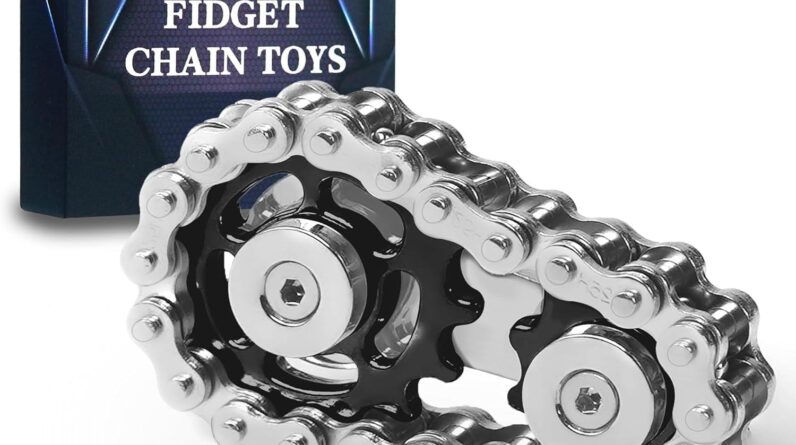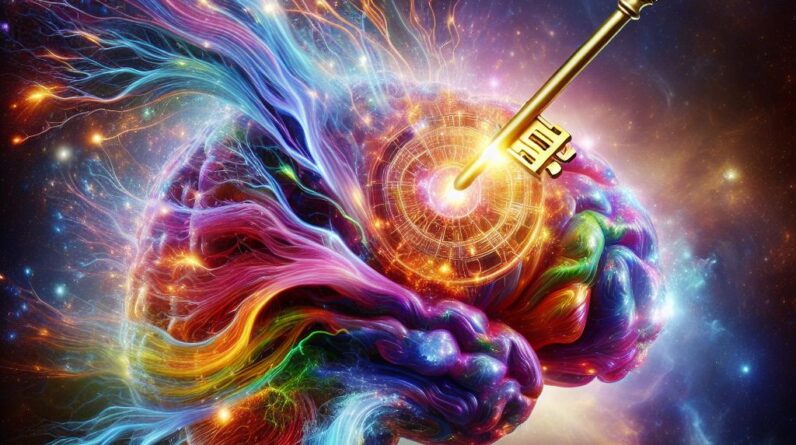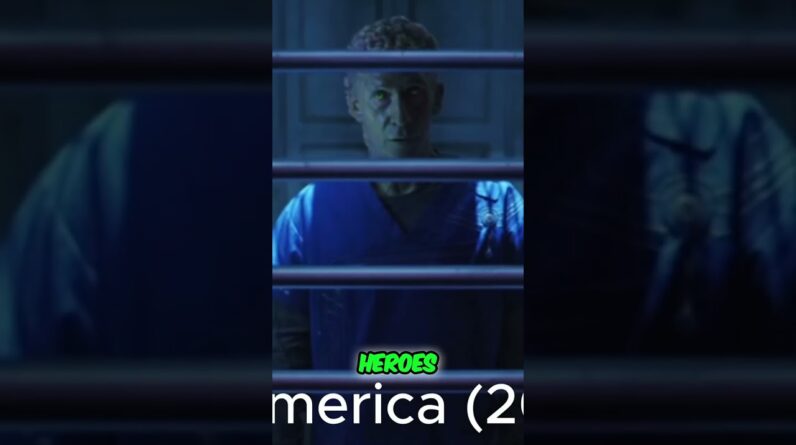Ever heard of the Mpemba effect? 🤔 It’s the intriguing phenomenon where hot water can freeze faster than cold water under certain conditions! Join us as we dive into the science behind this counterintuitive concept, exploring its history, possible explanations, and real-world applications. 🧪 From Aristotle to modern research, find out why this effect is more than just a party trick. Don’t miss out on understanding the mysteries of freezing water! ❄️
🔬 #MpembaEffect #ScienceExplained #FreezeFast #WaterScience #FailsafeExperiment
the Mystery of the Mpemba Effect: Can Hot Water Freeze Faster? 🥶💧
Understanding the Mpemba Effect
The Mpemba Effect is a interesting phenomenon that challenges our conventional understanding of thermodynamics. Named after Tanzanian student Erasto Mpemba who observed it in the 1960s, the effect suggests that, under certain conditions, hot water can freeze faster than cold water. This seemingly paradoxical observation has intrigued scientists and curious minds alike for decades.
Scientific Background
To grasp the Mpemba Effect, it’s essential to understand some fundamental concepts of physics and thermodynamics. Here are a few key points:
- Heat Transfer: Generally, the rate at which an object loses heat is proportional to the temperature difference between the object and its surrounding environment.
- Cooling Rates: In theory, hot water should take longer to freeze due to its higher initial temperature, but the Mpemba Effect suggests a counterintuitive scenario.
- Supercooling: Hot water might potentially be less likely to supercool than cold water, potentially leading to faster freezing.
Factors Influencing the Mpemba Effect
Several factors can influence the occurrence of the Mpemba Effect:
- evaporation: Hot water evaporates more quickly, reducing the overall volume and potentially leading to faster freezing.
- Convection Currents: The movement of hot water creates convection currents that can distribute temperature more evenly, promoting quicker cooling.
- Container Type: The material and shape of the container holding the water can affect heat transfer rates and freezing times.
- Environmental Conditions: The surrounding temperature and humidity levels can also impact freezing times.
Case Studies: Documented Instances
| Study | Findings | Year |
|---|---|---|
| Mpemba and Osborne | Hot water froze faster under controlled conditions | 1969 |
| Chandrasekhar’s Investigation | Confirmed the phenomenon under specific conditions | 1980 |
| Recent Experiments | Hot water’s enhanced evaporation speeds up freezing | 2021 |
First-Hand Experience and Observations
Many individuals have attempted to recreate the Mpemba Effect in their homes. Here are some captivating accounts:
- One group of high school students conducted an experiment comparing different temperatures of water in identical ice trays. They noted that the hot water froze first in about 90 minutes compared to the cold water that took over two hours.
- A home science enthusiast created a controlled environment in their freezer and reported consistent results supporting the Mpemba Effect when using distilled water.
Practical Tips for Experimenting with the Mpemba Effect
If you’re intrigued by the Mpemba Effect and wish to experiment, here are some practical tips:
- Use Distilled Water: Tap water contains impurities that may affect results.
- Control Variables: Keep the environment consistent to isolate temperature effects from other potential influences.
- Document Findings: keep a detailed log of your observations, including water temperatures, freezing times, and environmental conditions.
- Test Different Containers: experiment with various materials like metal, plastic, and glass to see how they affect cooling times.
Scientific Explanations of the Mpemba Effect
While the Mpemba Effect remains a topic of debate among scientists, several theories attempt to explain how hot water can freeze faster:
1. Molecular Activity
hot water molecules move rapidly,causing them to interact differently compared to cold water molecules. This rapid movement can sometimes lead to more efficient heat loss.
2. Bubble Formation
As hot water cools, it can produce bubbles that facilitate increased heat transfer, allowing the water to lose heat more quickly.
3. Solvent Properties
The number of dissolved gases,such as oxygen and nitrogen,can influence how quickly water freezes. Hot water tends to expel these gases, potentially leading to a faster freezing process.
Benefits of Understanding the Mpemba Effect
Understanding the Mpemba Effect can provide several benefits:
- Educational Experiences: It can serve as a recreational learning tool to engage students in thermodynamics.
- Practical Applications: The principles underlying the Mpemba Effect can be applied to refrigeration and cryopreservation technologies.
- Culinary Methods: Chefs and home cooks may experiment with different water temperatures in food preparation and preservation.
Conclusion: The Ongoing Mystery
The Mpemba Effect remains an intriguing scientific puzzle, showcasing the complexities of thermal dynamics. While researchers continue to study this phenomenon, the mystery of why hot water may sometimes freeze faster than cold water captivates both the scientific community and the general public. With ongoing inquiry and experimentation, future discoveries could shed more light on this perplexing effect.






